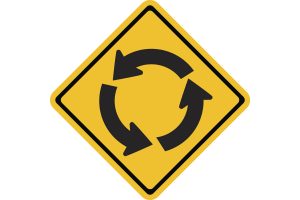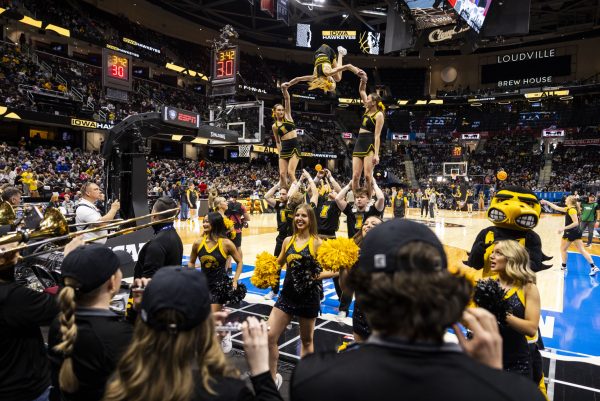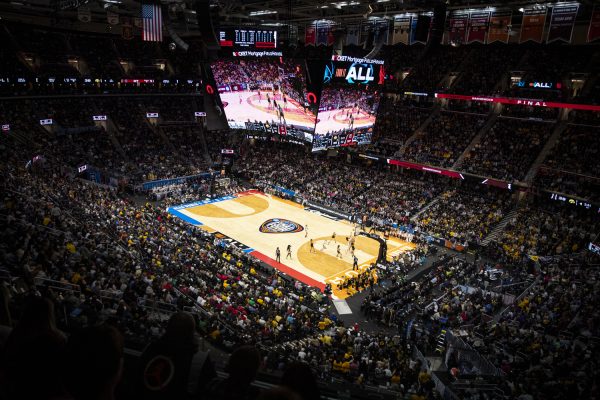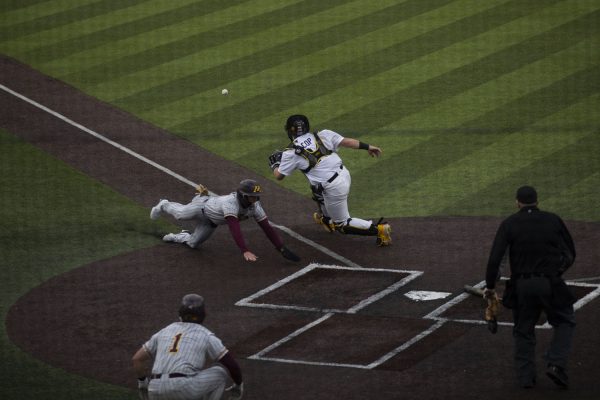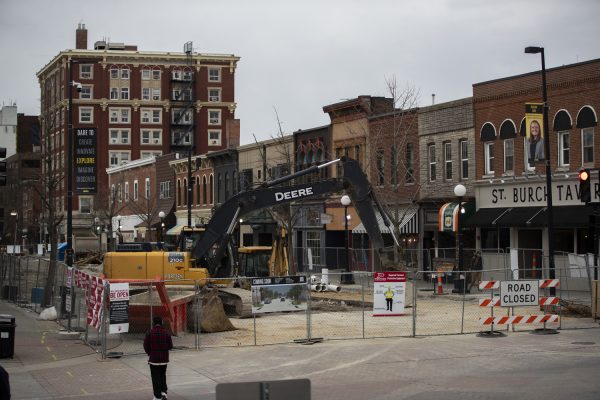They are safer and more efficient
March 3, 2020
Before I moved to Iowa when I was 15, I lived in Carmel, Indiana — home to 90,000 people and 122 roundabouts.
While almost everyone in North America despises them, Carmel shows how much safer and more efficient roundabouts are — a lesson other towns should learn.
Unlike some cities that might place circles at a couple major intersections, they’re all over the place in Carmel. If you go from one McDonald’s to another four miles down the street, you drive through five roundabouts and no stop signs or traffic lights.
But it’s not just a local “Keep Carmel Weird” thing. There are real-world benefits to switching to the circular crossways.
According to Carmel city officials, accidents resulting in injury went down 80 percent at intersections changed to roundabouts. When accidents do happen, the lower speed results in less serious damage, and the angle of collisions prevents head-on or T-bone crashes.
There’s also less stop-and-go with roundabouts. Without having to wait for a light, drivers often don’t have to come to a complete stop when approaching the intersection. When there are stops, traffic moves through faster on average with roundabouts.
In addition to making better time, the reduced idling is good for the environment. City officials estimated that drivers in the city save 24,000 gallons of gas per year per roundabout.
The only real argument against roundabouts seems to be that drivers can find them annoying. Unfamiliarity with driving in a circle has been the main objection of those with whom I’ve shared the roundabout gospel.
But people adjust to literal curves in the road. A study by the Washington State Department of Transportation found similar positive results to those in Carmel. The study even found a 90 percent decrease in crashes that ended in fatalities.
Of course, actually changing the intersections costs money, but all of the other benefits are worth it.
I know this is a fairly low-level issue, but it’s a simple way we can make our cities better. We don’t have to be in the Roundabout Capital of the U.S. to make things better; everywhere can benefit from taking down some stop signs and traffic signals.



